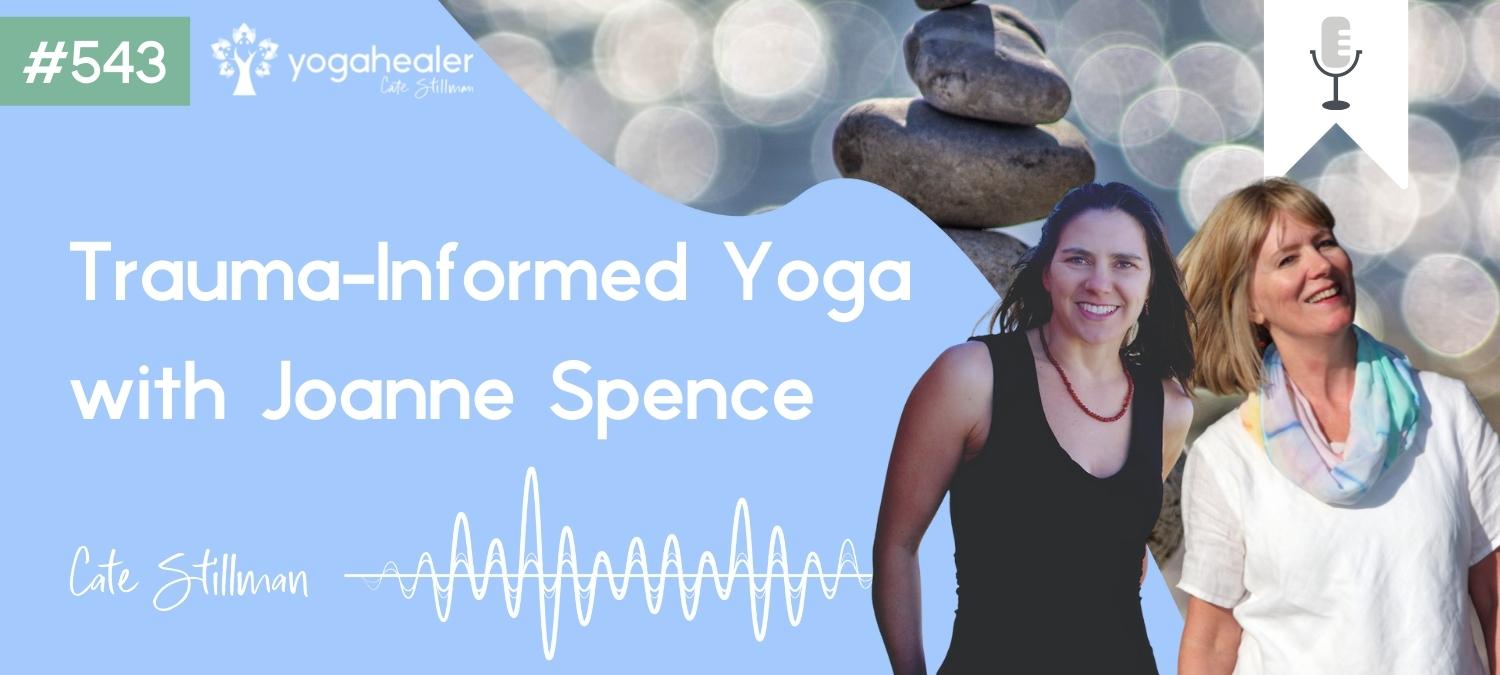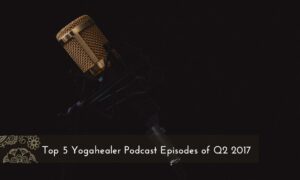Podcast Intro:
Have you had any traumatic experiences as a child? What were the events that triggered such an emotional response? How can someone recover from its devastation? Sometimes, talking about mental health, trauma, and other concerns isn’t enough. Other approaches must be adopted to get the desired good outcomes.
Yoga is one of these ways. And today, we’ll learn more from an expert who does yoga daily.
Joanne Spence, a trained yoga therapist, recovering social worker, and author, discusses techniques to deal with trauma in this episode.
What you’ll get out of tuning in:
- What is trauma-informed yoga and why is it important?
- What is the vagus nerve?
- How yoga affects the nervous system
- Why it is hard for a mental health professional to seek help from peers
- How trauma is being accumulated from your childhood to the present date where it manifests
Links/CTA:
- Get the Book Now: Trauma-Informed Yoga: A Toolbox for Therapists: 47 Practices to Calm Balance, and Restore the Nervous System
- https://www.cdc.gov/violenceprevention/aces/index.html
- www.joannespence.com
- www.yogainschools.org
Highlights:
- Cate talks about her travel to Salt Lake City
- Cate talks about getting called out by her teacher
- Cate talks about Lorimer Moseley about his work in pain in the brain
Timestamps:
- [01:26] – [01:38] “My reason for even having yoga on my radar and trying it as a practice was because I was in a car accident 20 years ago, so there was an event. So a traumatic event was the car accident.”
- [09:49] – [10:04] “What happens in the presence of that pain or so it, I think it works similarly with physical pain and, and psychological pain is we go to that place as if that’s happening now when it’s not happening now.”
- [11:44] – [12:03] “We’ve got this adaptive survival mechanism that’s helping to protect us that goes on lockdown, and we either go into the sympathetic nervous system or we go into one of the dorsal vagal systems, where we collapse and become immobilized.”
Quotes:
- “There’s nothing like being a mental health therapist and self-diagnosing. I think there’s something wrong. And I don’t know if it’s harder sometimes for a mental health professional to ask for help or acknowledge our own need for support with our own mental health. But I certainly found that it was difficult to say, I think I’m depressed. I need some help.”
- “The body is not distinguishing whether we’re safe or not safe. It’s tapping in with something that triggers us. It’s tapping into something in the past, and we get stuck there. And it doesn’t matter if it’s not happening at the moment in front of us. “
- “If you walk too fast or lift your arms too high, you’re going to experience that terrible, debilitating pain that puts you to bed for three days. And you’re not going to be able to do your job and so the body locks down to protect you. It’s a survival mechanism because it thinks that you’re at risk of hurting yourself. It may or may not be true.”
- “It’s easier to describe that a car accident was a trauma, it’s more socially acceptable and factual. But what that revealed to me over time was an awareness of childhood adverse childhood experiences that we know today.”


